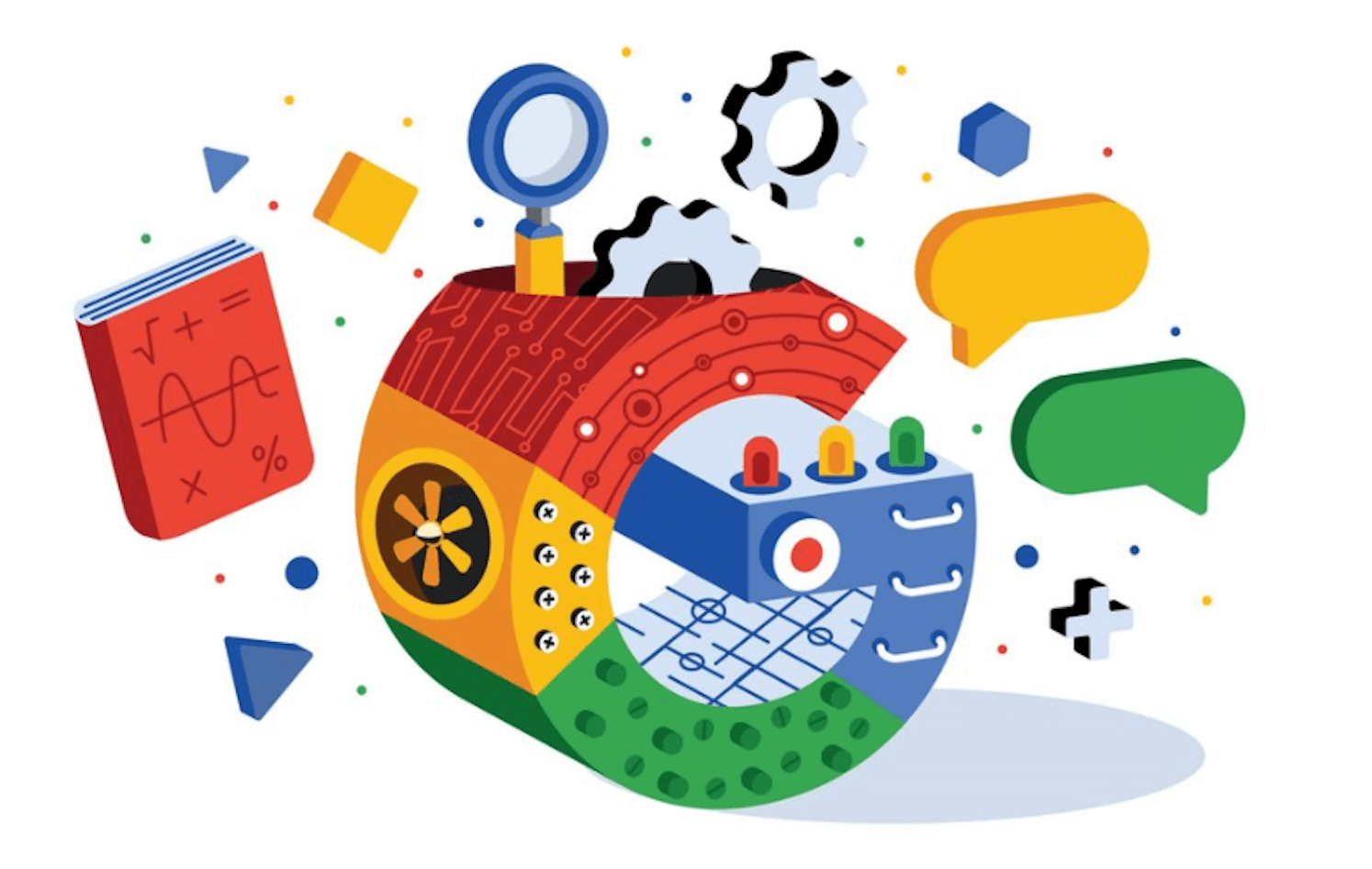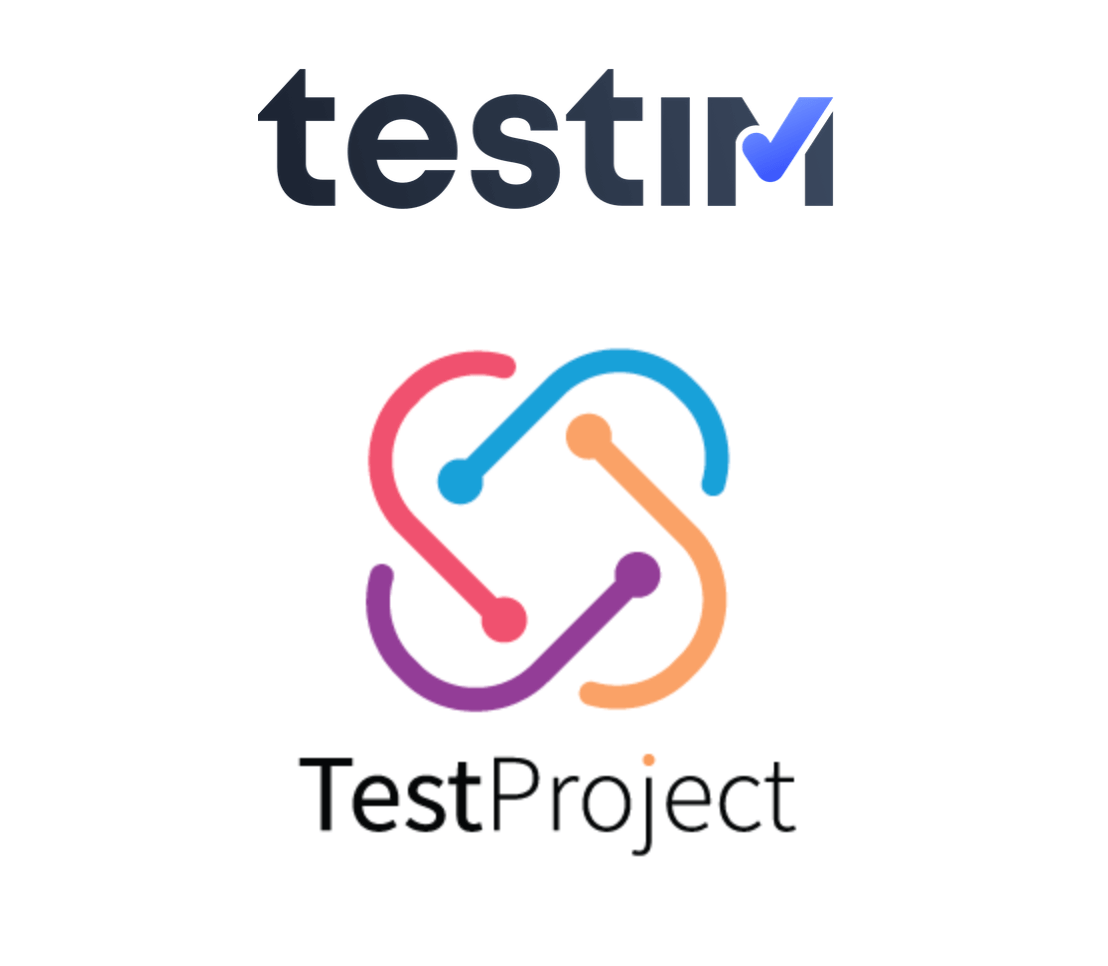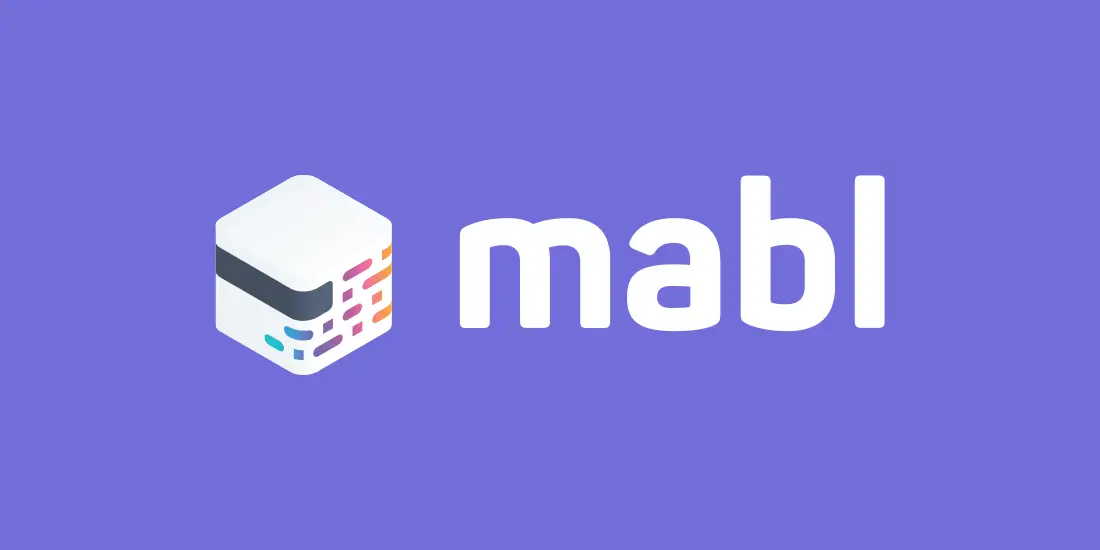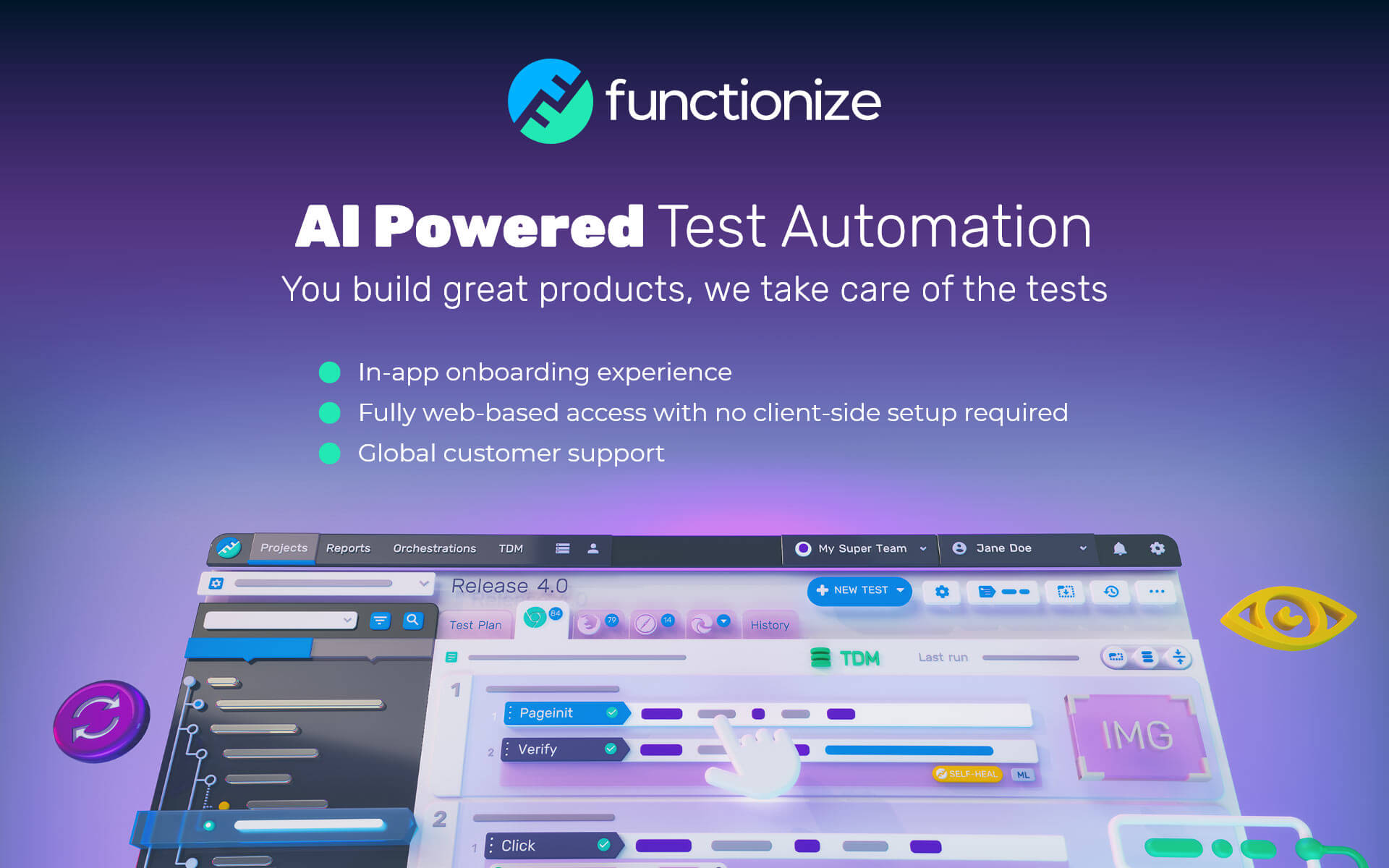POPULAR TOOLS AND TYPES OF AI TESTING ENHANCING SOFTWARE QUALITY
Software testing has become a crucial process to ensure quality and reliability. However, with the advent of artificial intelligence (AI), traditional testing methods are being transformed. AI Testing is now leading the charge in automating testing processes, reducing manual efforts, and enhancing accuracy. What information will you read from this article? Definition, the popular types and tools making it a key component of modern software development.
What is AI Testing?
AI Testing is the process of using algorithms and artificial intelligence technologies to automate and enhance the software testing process. Instead of relying on manual testing or traditional tools, AI Testing utilizes AI to learn from test data, predict potential bugs, and optimize testing procedures more intelligently. This improves the ability to detect bugs and reduces the time and cost involved in software development.
One of the biggest differences between AI Testing and traditional testing methods is AI’s ability to automatically analyze and learn from large amounts of data. Instead of relying solely on fixed test scripts, AI Testing can adjust and create test cases based on real-world data and user behavior.
Read Breaking down the myths about software testing automation
Popular Types of AI Testing
AI Testing can be divided into several types depending on how AI is used to improve the software testing process. Below are the three most common types.
Model-based Testing
Model-based testing is a method of automatically generating test cases from a model that simulates the behavior of the system or software application. In this method, models are built to describe the expected operation of the software, and test scenarios are automatically generated based on that model. This helps reduce the time and effort required to design and maintain manual test cases.
This model is applied in large, complex systems such as banking management systems. The model can simulate how users interact with the system, generating test cases like money transfers, balance checks, or deposits. For e-commerce applications, model-based testing helps simulate various purchase scenarios, from adding products to the cart to the payment process.
Benefits:
- Automation: Minimizes dependence on humans in generating test cases.
- High accuracy: Test cases always closely follow system behavior and logic, reducing the likelihood of missing bugs.
- Time-saving: Automation helps shorten the testing time, especially useful when the software changes or expands.

Automated Data Generation
Automated Data Generation is the process where AI automatically generates rich and diverse test data instead of relying on manually created datasets. AI analyzes and identifies the types of data needed, then generates different variations of data for testing across many scenarios.
In financial systems, automated data generation can create thousands of different transaction scenarios to test system integrity. Similarly, for healthcare applications, the system can generate simulated patient datasets to test treatment, analysis, and diagnostic scenarios.
Read How independent testing improves software reliability and reduces risks?
Benefits:
- Increased test coverage: By generating diverse data, AI Testing can detect bugs that manual testing might miss.
- Reduces tedium in data creation: Instead of manually creating data, testers can focus on analyzing test results.
- Uncovering hidden scenarios: Automatically generated datasets can explore testing situations that humans may not think of.
Machine Learning Testing
Machine learning testing uses machine learning models to analyze and predict areas where software bugs are likely to occur. Based on historical data from previous tests, the machine learning system can learn from error patterns and focus on testing higher-risk areas of the software.
An example of machine learning testing in mobile applications is AI learning from previous user interactions to identify bugs caused by the user interface (UI) or other unwanted behaviors. In image recognition systems, AI can learn from past recognition errors and apply that knowledge to improve results in subsequent tests.
Benefits:
- Smart bug detection: AI can identify patterns and trends from previous tests, helping to focus on high-risk areas.
- Optimized testing process: The machine learning system helps optimize test cases, eliminating unnecessary tests and improving accuracy.
- Continuous learning and improvement: The system continuously improves its testing ability with each execution, allowing it to detect bugs faster and more effectively.

AI Testing Tools
Testim
Testim is an AI-based automated testing platform that focuses on enhancing testing capabilities through automation and learning from test data. Testim uses machine learning technology to understand testing patterns from previous test runs, helping the system create more efficient test cases over time.
Testim is often used for web and mobile applications where frequent updates and UI changes occur. This tool helps automate UI testing and ensures that the application remains stable through updates.
Advantages:
- Automatically adjusts when the application changes, reducing the time needed to update manual test scripts.
- Testim learns from user behavior and test results to optimize the testing process, minimizing human intervention.
- Easily integrates with popular DevOps and CI/CD tools, ensuring continuous and smooth testing processes.

Applitools
Applitools is a UI testing tool that uses “Visual AI” technology. Instead of testing based on logical test cases like other tools, Applitools focuses on checking the visual display of the interface to ensure that minor UI changes do not cause issues in user experience. Applitools is especially useful for testing web applications with complex interfaces or mobile applications that require visual consistency across multiple devices and platforms.
Advantages:
- Uses AI to detect visual errors such as changes in alignment, color, fonts, or distorted images across multiple devices and browsers.
- Can test UI across various device types and screen sizes without needing to rewrite test scripts.
- Supports integration with popular testing tools like Selenium, Appium, and other CI/CD tools.

Mabl
Mabl is an automated testing platform that uses AI to optimize the testing process from start to finish. This tool focuses on learning from test results and using that information to continuously improve test cases. Mabl also supports automated testing across multiple browsers and devices.
Mabl is often used for large web systems or applications that require comprehensive testing with many variations. Mabl is particularly useful for detecting small bugs and performance-related issues.
Advantages:
- Uses AI to learn from previous test scenarios and automatically adjusts new test cases to fit changes in the application.
- Easily integrates with popular DevOps and CI/CD systems, enhancing continuous testing processes.
- Supports testing of many types of applications, from web applications to more complex systems, with the ability to automatically generate test scenarios based on user behavior.

Functionize
Functionize is a cloud-based testing tool that uses artificial intelligence to build, manage, and optimize automated test cases. This tool can create tests without the need to write code, making it accessible to non-developers as well.
Functionize is widely used by businesses that want to simplify the testing process without much developer intervention. It’s suitable for complex and frequently changing systems that require continuous automated testing.
Advantages:
- Users can create tests without writing code, making testing simpler for businesses that don’t have many coding experts.
- Functionize uses AI to continuously analyze and optimize test cases based on application changes, ensuring that tests are always up-to-date and effective.
- Thanks to automation and AI integration, Functionize helps reduce the time and costs associated with maintaining manual test scripts.

AI Testing represents a significant leap forward in the field of software development, enabling companies to streamline their testing processes, reduce costs, and release higher-quality products faster. As technology continues to advance, embracing AI Testing will become an indispensable strategy for businesses aiming to stay competitive in the ever-evolving digital world.





